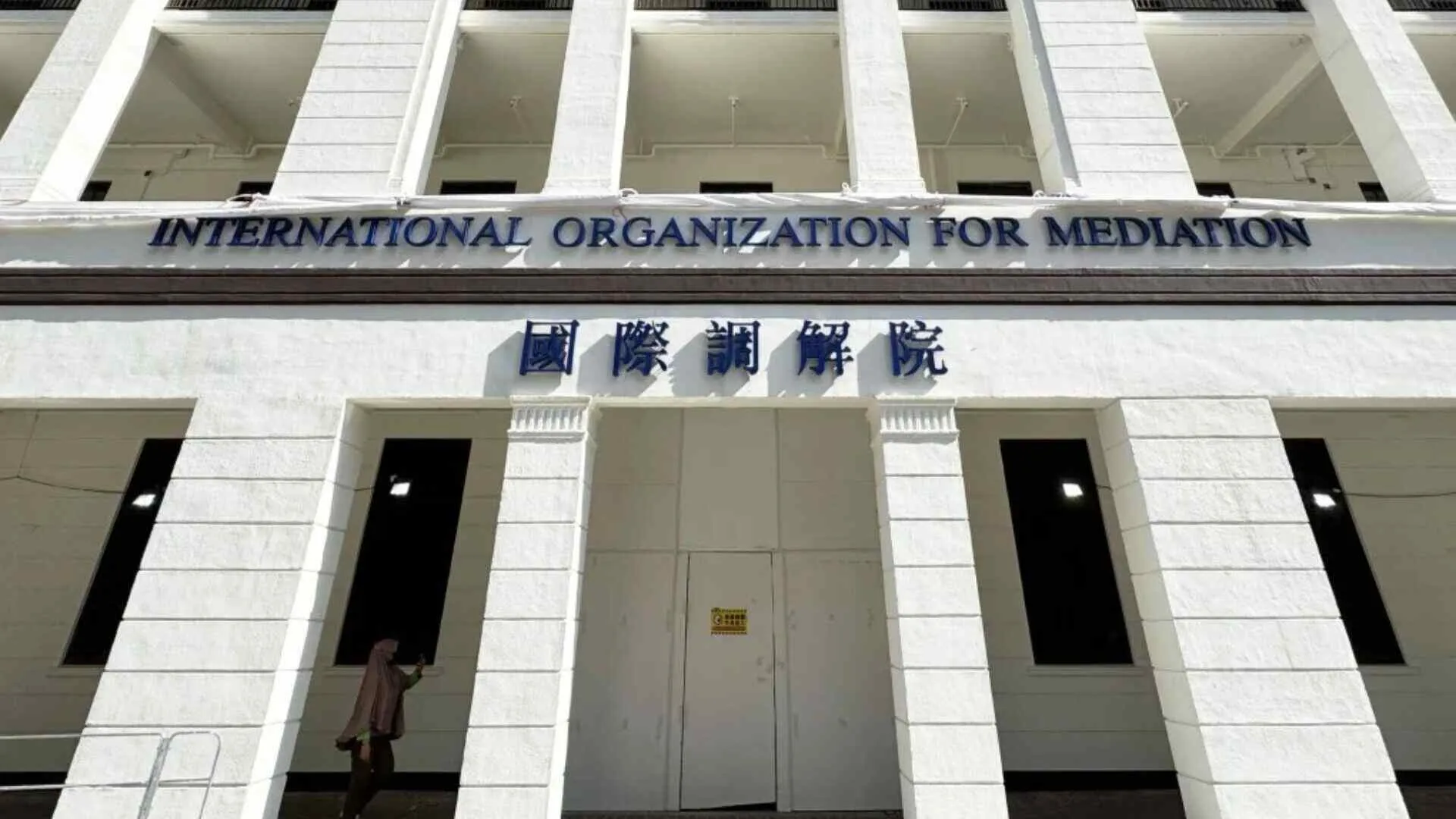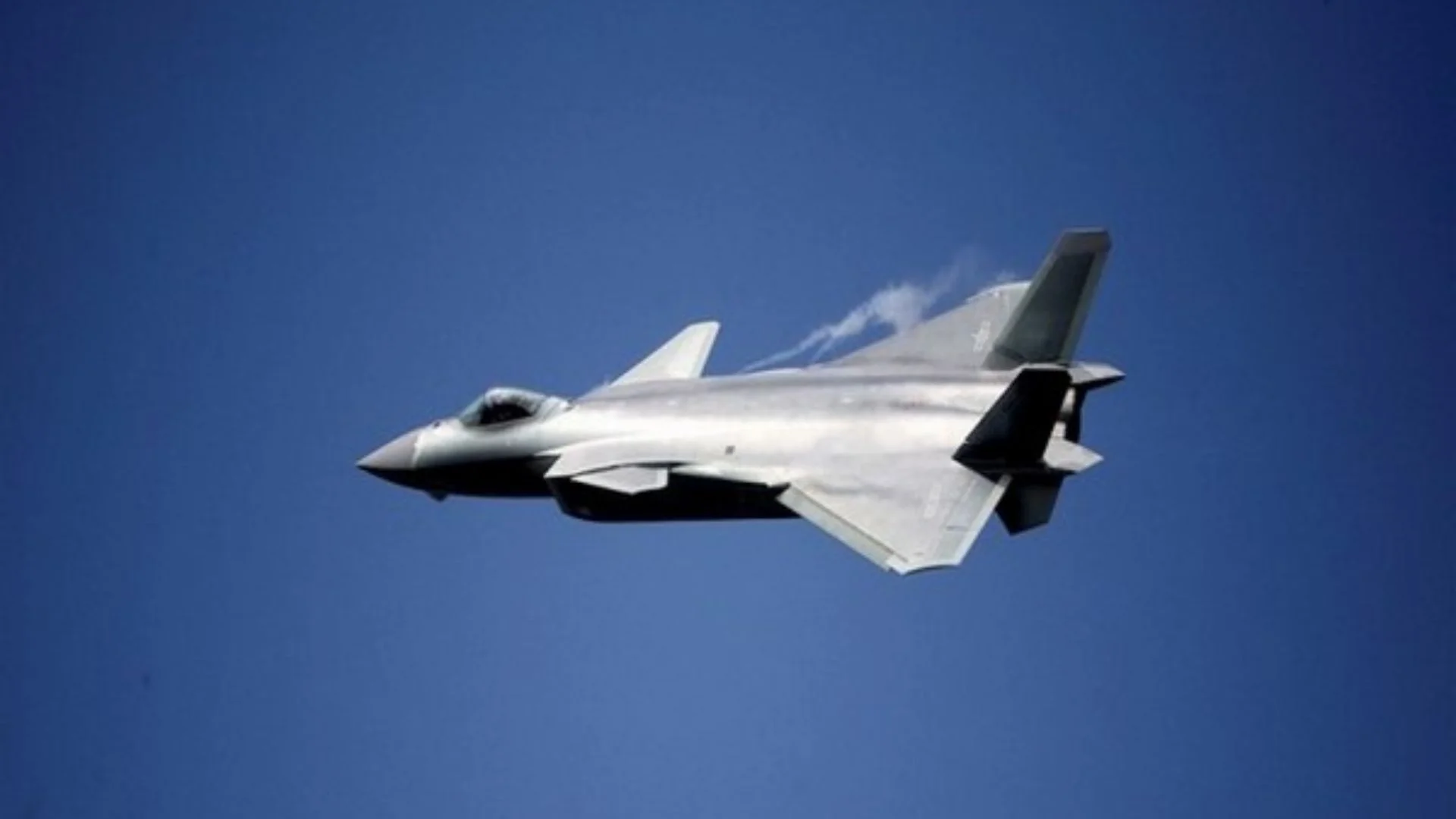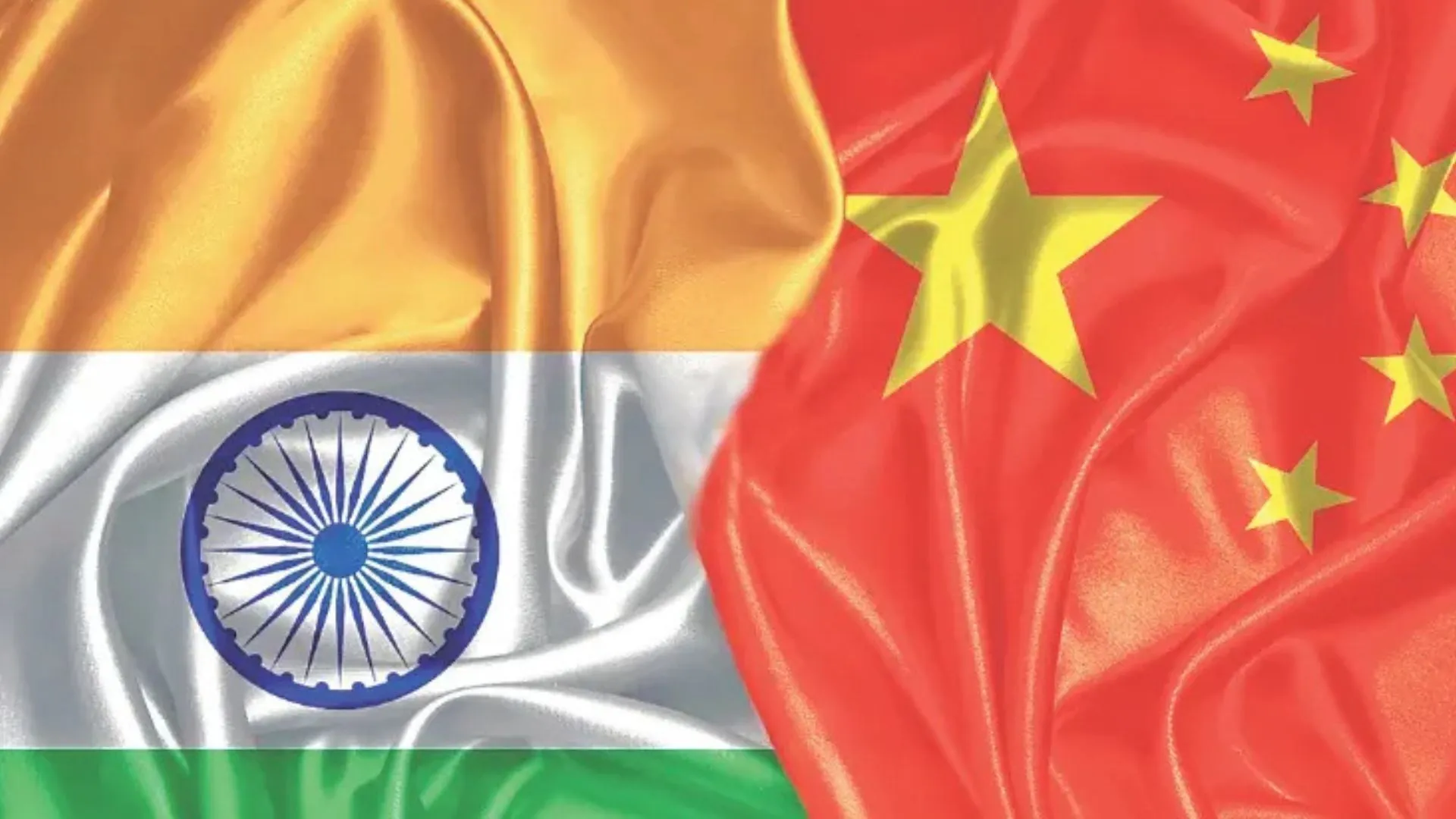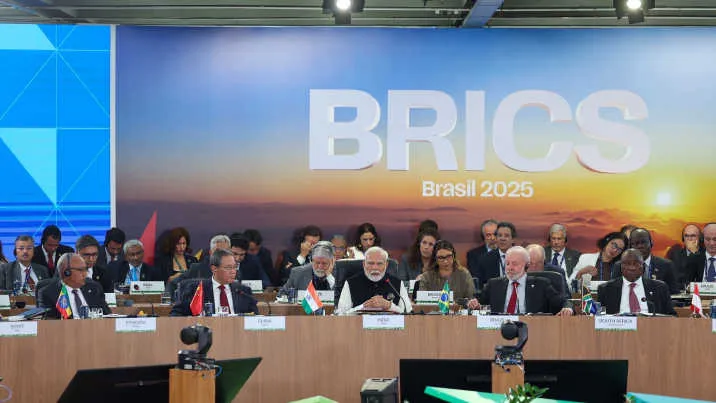In a major diplomatic step, China, joined by more than 30 other nations, formally opened a new international mediation-orientated dispute settlement body on Friday. The treaty, titled the Convention on the Establishment of the International Organization for Mediation (IOMed), was signed in Hong Kong, with Chinese Foreign Minister Wang Yi presiding over the ceremony.
Delegates from nations such as Pakistan, Indonesia, Belarus, and Cuba joined the organization as founding members, which speaks of the increasing power of Beijing within the Global South. This move comes as part of rising geopolitical tensions, partially fueled by trade policies that commenced under the leadership of former U.S. President Donald Trump.
During the launch ceremony, Wang reiterated China‘s ancient tradition of having faith in dialogue and consensus as the ideal approach to resolving international conflicts. “The creation of the International Organization for Mediation will assist us in breaking away from the zero-sum game of ‘you lose and I win,'” he said. He stressed that the organization is committed to providing ‘Chinese wisdom’ to peaceful settlement and international harmony.
Headquarters in Hong Kong
The organization will be based in Hong Kong and aims to encourage the peaceful resolution of international conflicts through mediation. Beijing has advanced the initiative as the first intergovernmental legal institution committed to settling disputes through mediation, and a mechanism that is in line with the fundamental principles of the United Nations Charter.
The Chinese government also depicted the new body as part of its overall plan to make Hong Kong a center for international dispute resolution and legal services in Asia. Foreign Minister Wang Yi said that Hong Kong provides “uniquely favorable conditions” for international mediation because it has an advanced legal system that integrates both elements of common law and mainland Chinese law.
Hong Kong Chief Executive John Lee stated that the organization would start operations by the year-end.
International Support and Legal Significance
The ceremony witnessed participants from almost 50 countries and about 20 international institutions, such as representatives of the United Nations.
Yueming Yan, a Chinese University of Hong Kong law professor, characterized IOMed as a complement to current institutions such as the International Court of Justice (ICJ) and Permanent Court of Arbitration (PCA) at The Hague. “Whereas the ICJ and PCA specialize in adjudication and arbitration, IOMed brings into play a systematic, institutionalized approach to alternative dispute resolution specifically, mediation on an international scale,” she said.
While details of how the new body will work are yet to emerge, specialists think it could fill gaps between formal court procedures with more flexible and less confrontational means of resolving disputes.
Shahla Ali, professor of law at the University of Hong Kong, emphasized IOMed’s ability to resolve a broad variety of disputes. “The International Organization for Mediation would be able to mediate between states, between one state and a national of another state, or in international commercial disputes,” she said. Ali also spoke of increasing interest worldwide in the use of mediation in investor-state disputes, continuing, “Conventions can offer possibilities to test new methods.”























